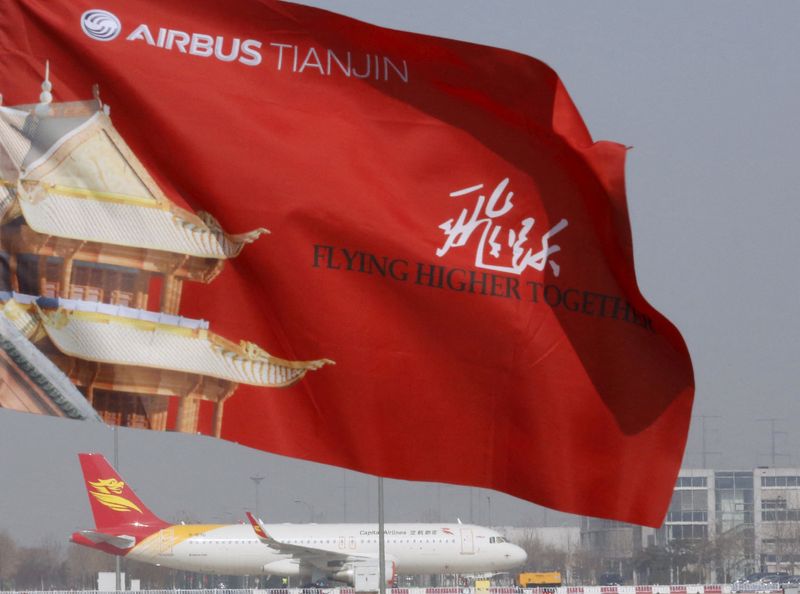✈️ Airbus A320 surpasses Boeing 737, setting a new era in the global aviation industry

The world aviation industry has just witnessed a historic milestone: Airbus A320 officially surpassed Boeing 737 to become the most delivered jetliner in history. With a total of 12,260 A320s delivered, Airbus Group has ended Boeing's decades-long dominance in the commercial aviation sector.
🏆 An iconic moment
According to data from the aviation consultancy Cirium (UK), the aircraft that helped Airbus set the record was an A320neo delivered to Flynas (Saudi Arabia). This event took place quietly, but its significance resounded throughout the industry.
Launched in 1988, the A320 has become a symbol of modernity and efficiency. With its fuel-efficient design, flexible operation and advanced fly-by-wire control system, the A320 has reshaped the way airlines operate their fleets in the 21st century.
🇪🇺 Europe topples American icon
For decades, the Boeing 737 has been considered the “backbone” of the global civil aviation industry, with a pioneering role since 1967. However, Boeing’s series of crises – from safety incidents to delayed deliveries – have weakened its position.
Airbus capitalized on that opportunity by aggressively expanding the A320neo (New Engine Option) – an improved version that is more fuel-efficient, reduces emissions and operating costs. It was this move that helped Airbus quickly narrow the gap and eventually take the lead.
📈 A Shift in the Balance of Aviation Power
Experts say the milestone is more than just a manufacturing achievement, it also marks a shift in power in the global aviation industry.
“The A320 is more than just an aircraft – it is a symbol of Europe’s rise in commercial aviation,” says Cirium analyst Rob Morris.
Airbus currently holds more than 60% market share in the mid-range jet segment – the segment that accounts for the largest share of civil aviation traffic.
🌍 Meaning beyond numbers
The 12,260 milestone represents not only Airbus’ commercial success, but also the evolution of modern aviation technology.
The A320neo family helps airlines save up to 20% on fuel, reducing millions of tonnes of CO₂ emissions each year – a significant contribution to the drive towards sustainable flying.
At the same time, Airbus is continuing to invest in sustainable aviation fuel (SAF) technology and hydrogen-powered aircraft, demonstrating a long-term vision that goes beyond the immediate sales race.
🔮 A new era of competition
While Airbus is ahead, Boeing is not giving up. The company is focusing on restoring its reputation with the 737 MAX program and researching a revolutionary new generation of aircraft to regain its position.
However, in the context of Airbus expanding its production lines in Europe, the US and Asia, the advantage in delivery speed, reliability and fuel-saving technology could help Airbus maintain its position for many years to come.
✈️ Conclusion
The Airbus A320's overtaking of the Boeing 737 is not just a victory in numbers – it symbolizes a new chapter of modern aviation, where innovation, efficiency and sustainability are key to leadership.
From the skies of Europe to around the world, the A320 has not only flown – it has flown into history.
